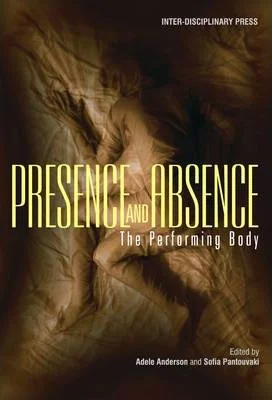Strangers on Our Doorstep and Strangers in Our House
£16.95
edited by Magdalena Hodalska, Catalin Ghita & Izabela Dixon
Format: Paperback
ISBN: 978-1-84888-443-4
Published: 21st June 2016
Publisher: Inter-Disciplinary Press
Dimensions: 164 pages – 210 x 148 x 28.8mm
Series: Inter-Disciplinary Press
Strangers, Foreigners, Outlanders, Migrants or Invaders have far too often stood on our doorstep, wreaking havoc in our hearts and minds. Little tin soldiers in Crimea, waves of migrants flooding the shores of the European Union – contemporary fears and Anxieties are dressed in olive-drab jackets or in the dirty and ragged clothes of those who dare to cross the border of their country and escape to a better world. These fears, and many others, are carefully recorded in the pages of this dialogic and genuinely interdisciplinary volume, which seeks to explore anxieties not only with scientific detachment but also with humane empathy.
1 in stock
Description of the book
Part One: Fear of Foreigners and Neighbours
Invasions and Tidal Waves: Fictionalising EU Migration
The Case of Transnistria in the Context of the Russian Eurasian Union Project
Fears and Anxieties Resulting in regional Integration in the Post-Soviet Era
Afraid of the Other: The Untimely Character of Patriotic Poetry
Part Two: Fear of Strangers in Our House
Genetics, Fear and Home: Gender-Conditioned Construction of Meaning
Commitment to Self: What Language Reveals about Male Fear of Commitment
Anxiety in Children with Dyslexia: A Cross-Cultural Study between Germany and Indonesia
Scientific Explanations of Fear and Anxiety Relating to the Choice of Deity
Catalin Ghita, PhD, Dr Habil, was a Japanese Government Scholar at Tohoku University and is now Professor of Comparative Literature and Cultural Studies at the University of Craiova, Romania. His research interests are: fear in literature, visionary poetry, romanticism and cultural exchanges between Europe and Asia.
Izabela Dixon, PhD, specialises in cognitive linguistics, metaphor and the study of contemporary fears and anxieties. She has published numerous articles on a wide range of subjects including conceptual metaphors of fear and evil, cognitive definitions of monsters, ethno-linguistics, US and THEM schema and aspects of the ‘war on terror’ discourse.
You May Also Like
Related Products
-

Spirituality in the 21st Century
£14.95 Add to basket -

Divergent Women
£45.00 Add to basket -

Presence and Absence
£18.50 Add to basket -

Philosophies of Beauty on the Move
£14.95 Add to basket -

Fashioning Identities
£18.50 Add to basket -

Ulendo – Claude’s African Journey into War and Passion
£19.95 Add to basket
You May Also Like
Related Products
-

Philosophies of Beauty on the Move
£14.95 Add to basket -

Ulendo – Claude’s African Journey into War and Passion
£19.95 Add to basket -

Presence and Absence
£18.50 Add to basket -

Fashioning Identities
£18.50 Add to basket -

Divergent Women
£45.00 Add to basket -

Spirituality in the 21st Century
£14.95 Add to basket







